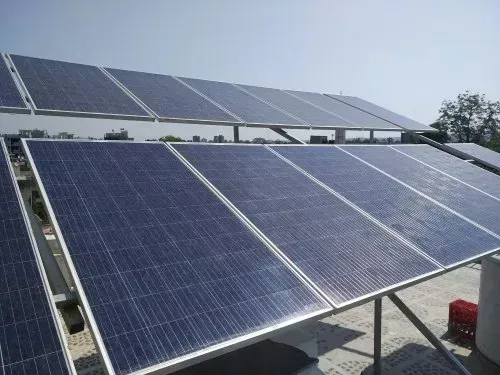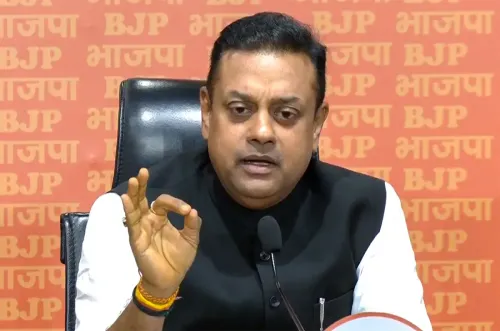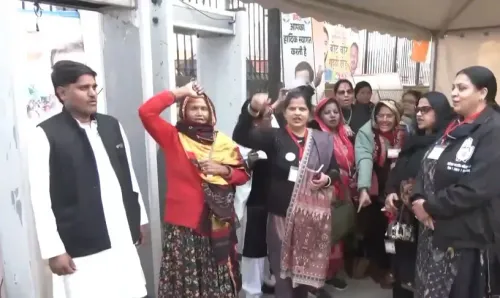1.45 Crore Registrations and 6.34 Lakh Installations Under PM’s Rooftop Solar Initiative

New Delhi, Dec 5 (NationPress) Nearly 1.45 crore registrations have been logged, with 6.34 lakh installations successfully executed under the PM Surya Ghar Muft Bijli Yojana, according to a recent statement in Parliament.
The initiative was launched by the Prime Minister with the goal of reaching 1 crore rooftop solar installations within the residential sector by the end of Fiscal Year 2027, supported by a budget allocation of Rs 75,021 crore.
The National Portal has documented a total of 1.45 crore registrations, 26.38 lakh applications, and 6.34 lakh rooftop solar installations, as noted by the Union Minister of State (MoS) for New and Renewable Energy and Power, Shripad Naik, in a written response to the Rajya Sabha.
Subsidies have been disbursed to 3.66 lakh applicants, and these are consistently processed within a timeframe of 15 to 21 days, as per the MoS.
Gujarat has recorded the highest number of solar installations under this initiative, totaling 2,86,545. Following closely is Maharashtra with 1,26,344 installations, and Uttar Pradesh with 53,423 installations.
The ministry is collaborating with all relevant stakeholders including REC, DISCOMs, and vendors, among others, to address any challenges that may arise in the successful execution of the scheme, stated MoS Naik.
PM Modi initiated this rooftop solar program to provide free electricity to consumers. This project, with an investment exceeding Rs 75,000 crore, aims to illuminate 1 crore households by supplying up to 300 units of free electricity monthly.
The Central Government is committed to alleviating any financial burden on the public through substantial subsidies directly credited to individuals' bank accounts, as well as offering significantly concessional bank loans.
To promote this scheme at the local level, Urban Local Bodies and Panchayats have been incentivized to advocate for rooftop solar systems within their areas.
Simultaneously, the scheme is generating increased income, reducing electricity bills, and creating job opportunities for the populace.










